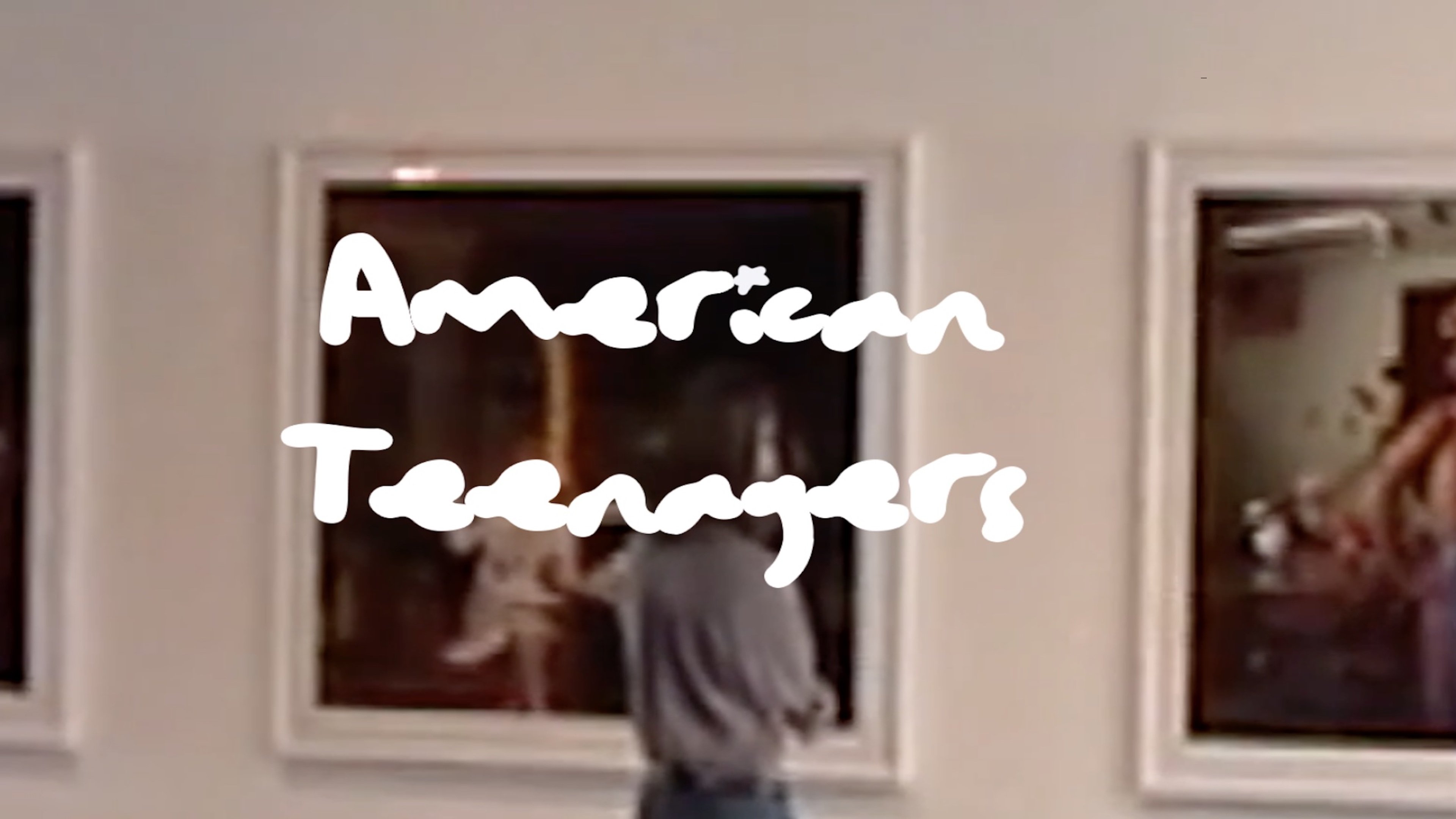
American Teenagers
2022
0h 5m
0.0(0 votes)
Documentary
Overview
A short documentary project that attempts to encapsulate what it looks and feels like to be an American Teenager in 2022.

A short documentary project that attempts to encapsulate what it looks and feels like to be an American Teenager in 2022.